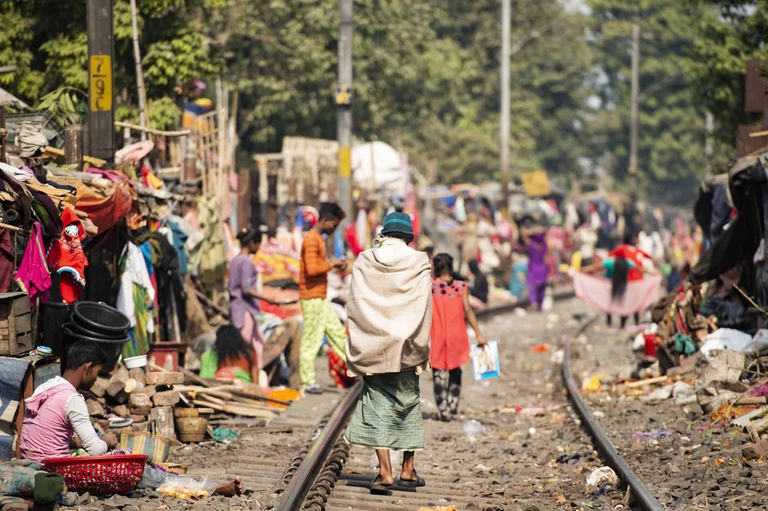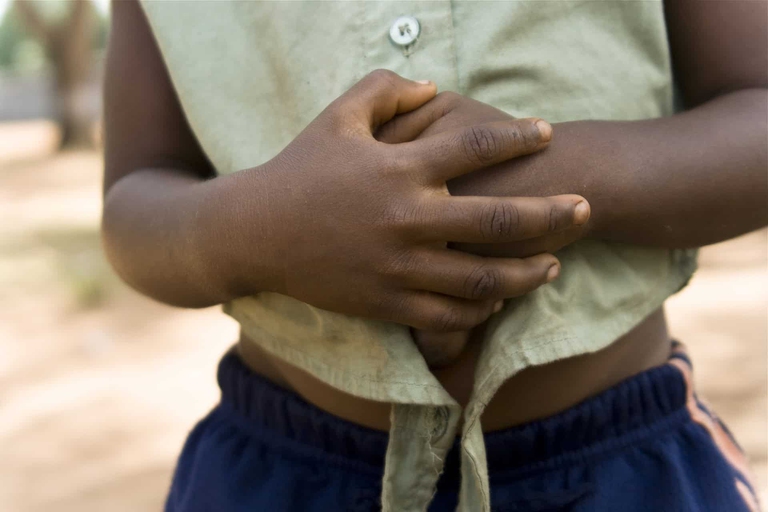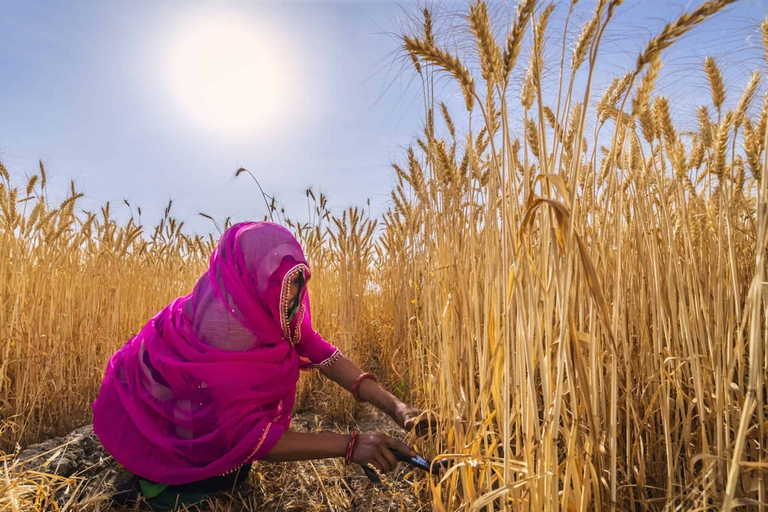https://www.lifegate.it/fame-nel-mondo-sofi-2024
- |
- One in 11 people in the world suffers from hunger, a phenomenon that continues to worsen in Africa (1 in 5).
- Food insecurity and malnutrition are exacerbated by inflation, conflict and climate change.
- The Sofi 2024 report highlights the need for funding to be invested effectively towards the Zero Hunger 2030 goal.
In 2023, approximately 733 million people suffered from hunger, or one in eleven people worldwide and one in five people in Africa alone:this is revealed by the latest report on State of food security and nutrition in the world (Sofi) published on 24 July by the FAO (Food and Agriculture Organization of the United Nations) and four other agencies belonging to the UN.

The numbers of hunger, the same as the last three years, the levels show no signs of decreasing undernourishment are comparable to those of 2008-2009 and the serious delay in achieving sustainable development goal number 2, Zero Hunger, by 2030.“With just six years to go before the deadline set for achieving sustainability goals, transforming agri-food systems has become more important than ever,” he said. Qu Dongyu, director general of FAO –.We have a duty to innovate and collaborate to build more efficient, inclusive, resilient and sustainable agri-food systems, capable of better addressing future challenges for a better world."
Hunger in the world:a stalemate over the 2030 sustainability goals
The percentage of the population affected by hunger continues to increase in Africa (20.4 percent), has stabilized in Asia (8.1 percent) – even though more than half of the world's hungry live here – and it shows signs of improvement in Latin America (6.2 percent).From 2022 to 2023, the phenomenon of hunger it got worse in the'Western Asia, in the Caribbean and in most African sub-regions.
If these trends continue, in 2030, there will be approx 582 million chronically undernourished, half of which are in Africa.This is a very similar forecast to the levels already recorded in 2015, the year in which the guidelines were adopted orsustainable development goals, and which denotes an alarming stagnation of progress.

They add to the hunger food insecurity And malnutrition, phenomena aggravated by a combination of factors, including theprice inflation of foodstuffs, conflicts, i climate changes.In 2023, approximately 2.33 billion people around the world have had to deal with moderate to severe food insecurity.Among these, approximately 864 million individuals sometimes went without food for an entire day or more.
Beyond 2.8 billion people have not been able to afford, for economic reasons, ahealthy eating.These inequalities are particularly pronounced in low-income countries, where is the 71.5 percent of the population does not have access to a healthy diet, compared to 6.3 percent of people in high-income countries. At the same time, the new estimates relating toobesity in the adult population they highlight a constant increase over the last decade, from 12.1 percent (2012) to 15.8 percent (2022).According to forecasts, by 2030, there will be more in the world 1.2 billion obese adults.
Sofia 2024:“Fighting hunger is possible, we need effective funding and investments”
The report calls for more funding and more cost-effective economic support, with a clear and standardized definition of financing for food security and nutrition.For Alvaro Lario, president ofIfad, the International Fund for Agricultural Development, the quickest way to overcome hunger and poverty has proven to be that of investments in the agricultural sector in rural areas, While Catherine Russell, executive director ofUnicef, underlined how in the last twenty years, cases of growth retardation in children have decreased by a third worldwide, demonstrating that the investments in maternal and child nutrition bear good fruit, but he also underlined the need for further funding with one in four children under the age of five still suffering from malnutrition, with the risk of developing chronic damage.

“The progress we have made to reduce stunting and improve exclusive breastfeeding is proof that the problems facing us are not insurmountable,” she said. Tedros Adhanom Ghebreyesus, general director ofWHO – The investments needed to ensure healthy, safe and sustainably produced food are huge, but they are far lower than the costs that economies and societies would have to bear if we did nothing.”Also for Cindy McCain, executive director of Pam (World Food Programme), the world has the technologies he was born in know-how To end food insecurity, we urgently need to find the resources needed to invest in these tools effectively.
